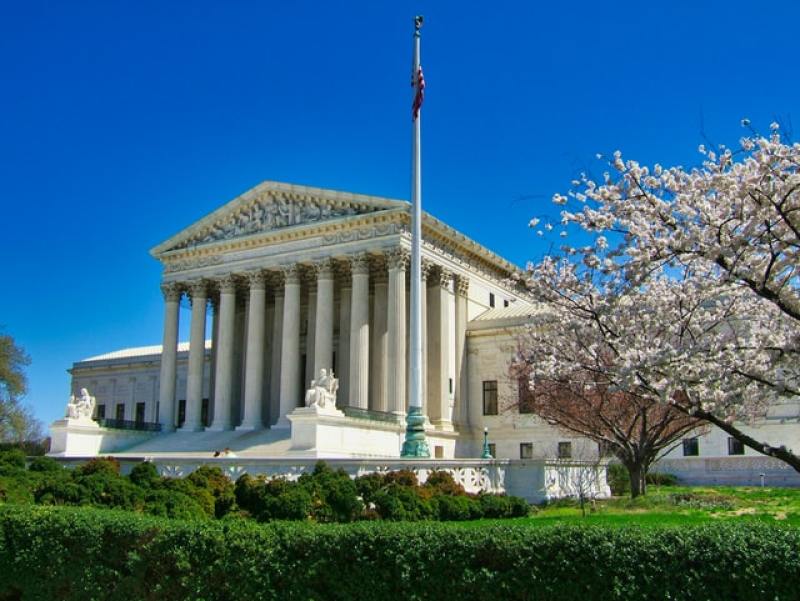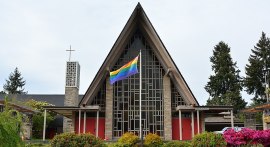
The United States Supreme Court refused to review a case filed by Gordon College, a liberal arts Christian institution located in Massachusetts, against its former associate professor of social work Margaret DeWeese-Boyd.
As per the orders list of the United States Supreme Court released on Monday, the petition for the writ of certiorari filed by Gordon College against DeWeese-Boyd to the Supreme Judicial Court of Massachusetts was denied.
Several religious establishments, including the Billy Graham Evangelistic Association, sent amicus briefs in support of Gordon College. Yet the Supreme Court declined the case's review be transferred to them to avoid conflict in the review being done in the local court. This, United States Supreme Court Justice Samuel Alito explained, is despite of a questionable understanding the local court has of what a ministerial exception means.
"The Supreme Judicial Court of Massachusetts held that this 'ministerial exception' did not apply to
a professor at a religious college who 'did not teach religion or religious texts,' but who was still expected to 'integrate her Christian faith into her teaching and scholarship.' Although the state court's understanding of religious education is troubling, I concur in the denial of the petition for a writ of certiorari because the preliminary posture of the litigation would complicate our review," Alito said in the opinion on the petition.
"But in an appropriate future case, this Court may be required to resolve this important question of religious liberty," he added.
The Christian Post said Gordon College used the First Amendment's ministerial exception under the Religion Clause against DeWeese-Boyd, who filed a lawsuit in 2017 when she was not promoted. The former professor alleged that she was not promoted out of her being a public supporter of LGBTs.
The SCOTUS Blog explained that the ministerial exception provides protection to religious institutions from various discrimination and employment laws since employees are regarded as ministers. The Supreme Judicial Court of Massachusetts ruled that DeWeese-Boyd is not subject to the ministerial exception since her duties as associate professor entailed social work and excluded the teaching of religion or religious text.
In addition, the Massachusetts court said that DeWeese-Boyd's role does not lead students in prayer, take the students to chapel services or other forms of religious services, select liturgy, and deliver sermons. These reasons, the Supreme Judicial Court of Massachusetts pointed out, excluded her from the ministerial exception of the First Amendment and she can proceed with her lawsuit.
However, Gordon College stressed that all of their professors are regarded as Christian educators whose primary role is to promote the Christian mission through their teaching, service, and scholarship. They then filed a writ of certiorari with the United States Supreme Court last August regarding the case.
The writ of certiorari asked the United States Supreme Court to further clarify what the "ministerial exception" is, especially in terms of it being limited to teachers or employees whose roles entail the spreading of the faith or whether it includes those having the faith as a primary component of one's position such that their work requires them to integrate it in everything they do.
The petition also asks the Supreme Court on "whether the First Amendment requires courts to defer to the good-faith characterization of a ministerial position by a religious organization or church."



















